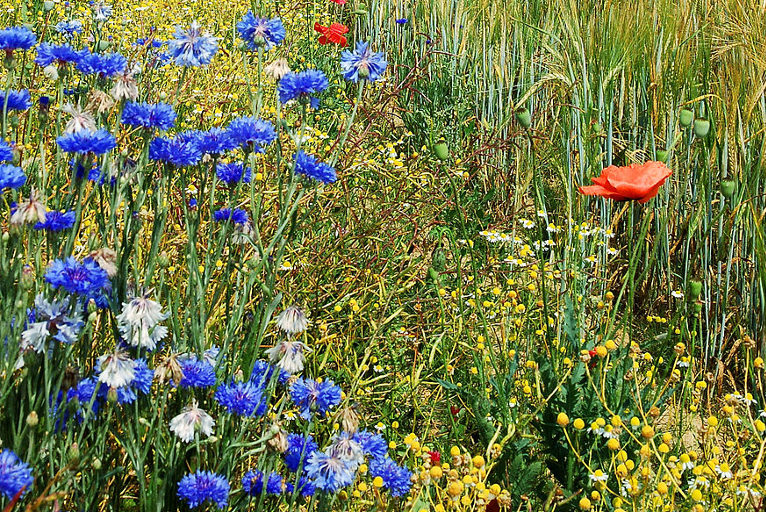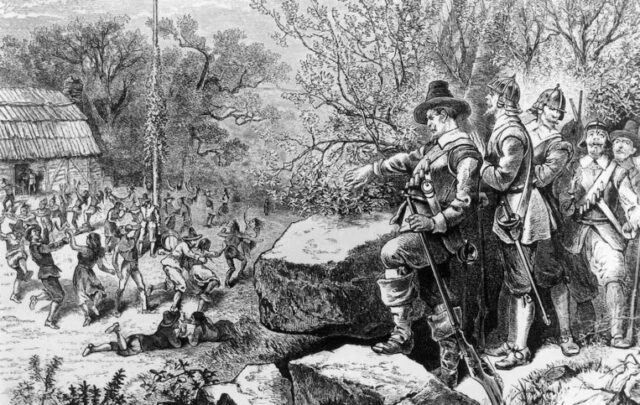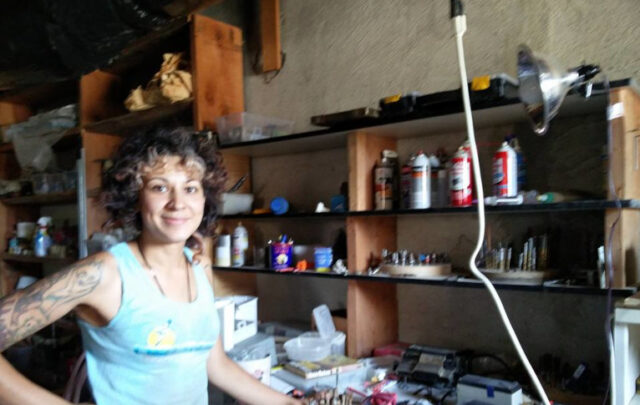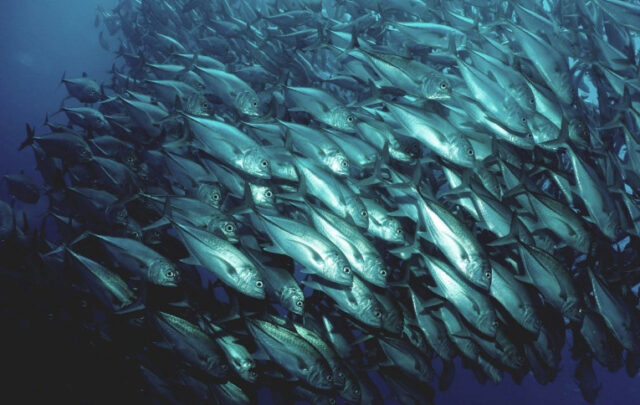Originally published as part of the GTI Forum “Can Human Solidarity Globalize?” by the Great Transition Initiative at www.greattransition.org.
My name is Maia, and I am 96 years old. I was born in 2025, at the beginning of the Great Transition. I live with my family in an ecovillage outside the small town of Siquerres, in Limón Province, central Costa Rica. Last month, when a dramatic downpour washed away a nearby village, killing fifty-three people, we received offers of help from all over the world. The kindness that flooded in will help us overcome. Global solidarity is real.
I am a biologist, so I understand the self-organizational drive towards increased capacity and unity that underlies our evolutionary story. I was an active participant in the Great Debate that preceded the Great Transition, when the entropists struggled to defend their dying paradigm against the surge of the syntropists. We were proposing a new paradigm based on the primacy of consciousness and the pervasive role of self-organization in the journey from atom to molecule, from single-celled to multi-celled organisms, from warring nations to a unified world, sharing kindness as we evolve into a higher mode of cooperative functionality. The entropists responded that the primacy of consciousness was spiritual nonsense and that nothing could resist the implacable law of entropy, which would eventually cause the entire Universe to suffer a sad, cold, lonely death. They never said so as such, but you could feel their pessimistic thoughts: why work to unify the world, when there was no escape from Bolzmann’s ruthless equations?
I have also been a politician, representing Limón Province as a deputy in the Legislative Assembly, so I saw firsthand the battle between those who were committed to a better future for all, and those whose primary commitment was to their plantations, their families, or their plutocratic tax-breaks. I saw how threatened they felt when we proposed converting every Costa Rican farm to regenerative organic farming, and when we sought for Costa Rica to play a leadership role in the establishment of the United Nations People’s Assembly. They were wedded to the hierarchical politics of domination, which had shaped civilizations for ten thousand years, and we never disguised our wish to overthrow that entire system, and to build instead a new ecological civilization based on the politics of cooperation and the economics of kindness.
Could such a transformation have happened without the traumatic 2020s, when the devastating impacts of the climate emergency were such that none could deny them, when children wept at the loss of nature, when demonstrations demanding solutions to the affordable housing crisis closed down city-centres, when anger at the wealth of the billionaires found expression in the torching of their mansions and mega-yachts? Probably not. The desire for comfort and ease runs deep in our human nature. It takes shocks such as these to wake most people out of their solipsistic reveries and lazy consumer indulgences.
My mother was a deputy in the Costa Rica Legislative Assembly before me, and my father was a human rights lawyer, so I grew up accustomed to dinner table conversations about the crisis. I chose to become a biologist out of a desire to avoid these very conflicts, believing that I could bury myself in my study of spider monkeys. When the proposal to form the United Nations People’s Assembly took shape, however, and my mother was elected as one of Central America’s six delegates, one of a thousand people chosen to represent all the world’s people, my pride in her achievement brought me back to the political arena.
When I ran to be a Deputy, I was engaged in political discussions throughout the Spanish-speaking world, and it soon became clear that there were two big obstacles to the success of the new Assembly. The first, no surprise, was the capitalist and corporate elites, who used their billions to try to convince ordinary people that the Assembly was a socialist takeover that would seize control of their lives and create a scary super-elite of global bureaucrats. It had worked with the old Brexit debate in Britain, generating hatred of the European Union, and they hoped it would work again.
The second obstacle was the belief that the People’s Assembly was a populistic cover for continued domination by the forces of global capital, and that it would do nothing to address people’s core needs. These included affordable housing, an escape from poverty and debt, an end to the outrageous global inequality, and rapid solutions to the climate and biodiversity emergencies. Some had been taken in by the plutocrats’ propaganda, but others shared the same concerns that we had in our family.
The breakthrough that made the critical difference was the formation of the Earth and People’s Party, uniting delegates from all over the world behind a globally progressive platform. Closing down the tax havens, prosecuting crimes of ecocide, banning nuclear weapons, forgiving sovereign debts in the global South, banning investments in fossil fuels and deforestation, turning all the world’s offshore waters into a global marine reserve, imposing a global wealth tax, transforming global trade by imposing tariffs on nations that did not abide by human rights, social, and environmental treaties—sitting at the table next to my mother as she worked with her colleagues to develop their platform, that was an incredible high, almost as good as the day when the coalition led by the Earth and People’s Party won a governing majority in the new Assembly.
So, global solidarity? Yes, it is a very real thing. And yes, we did achieve the impossible. We still cheer for Costa Rica when we take on mighty Brazil in the Copa America, but that is the joy of life, that we can indulge in partisan loyalties while knowing that we share in this larger family, this place in my heart, this hope of my great grandchildren: this one united Earth.
Teaser photo credit: An example of regenerative agriculture. By I, Luc Viatour, CC BY-SA 3.0, https://commons.wikimedia.org/w/index.php?curid=998412





